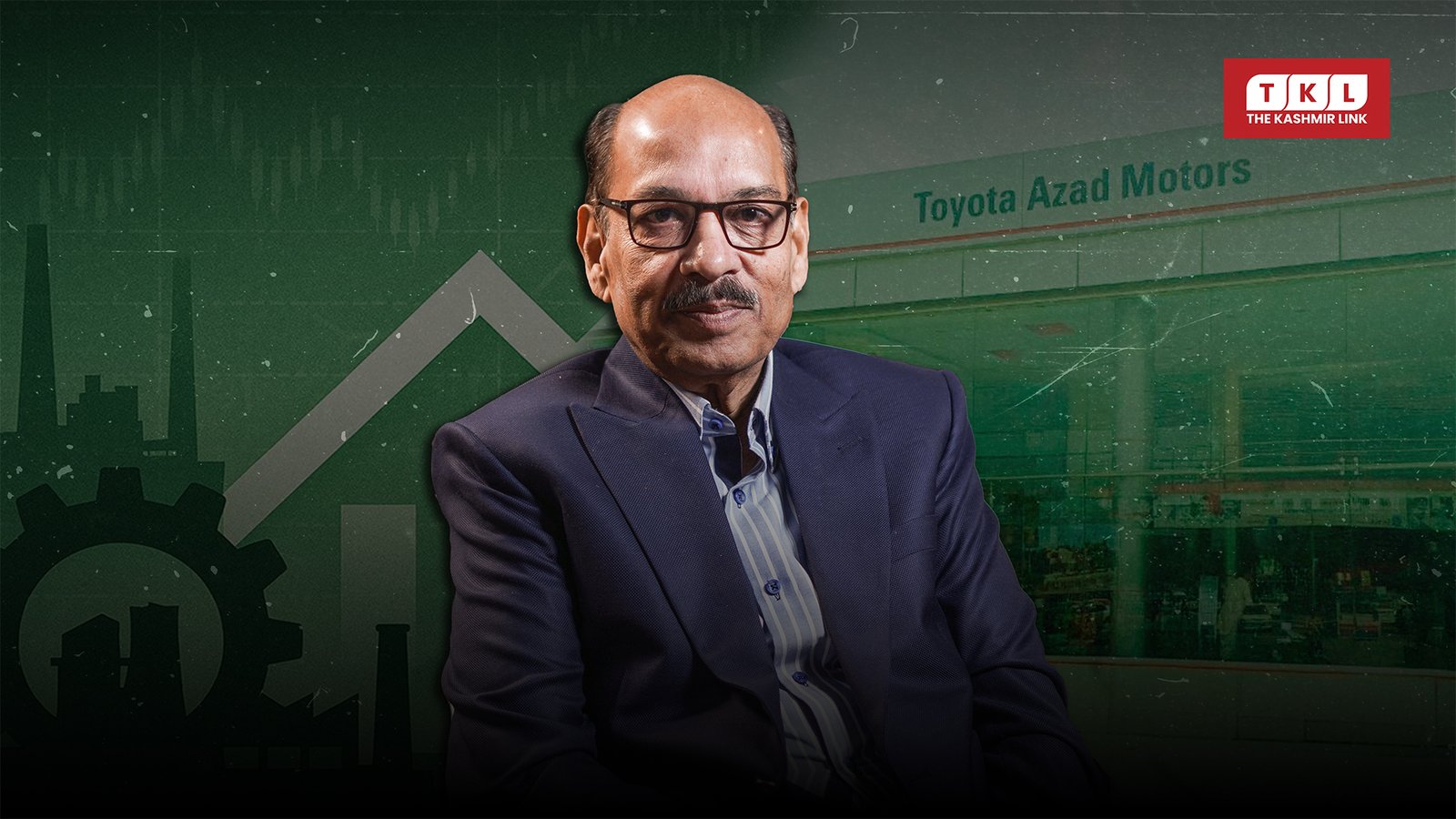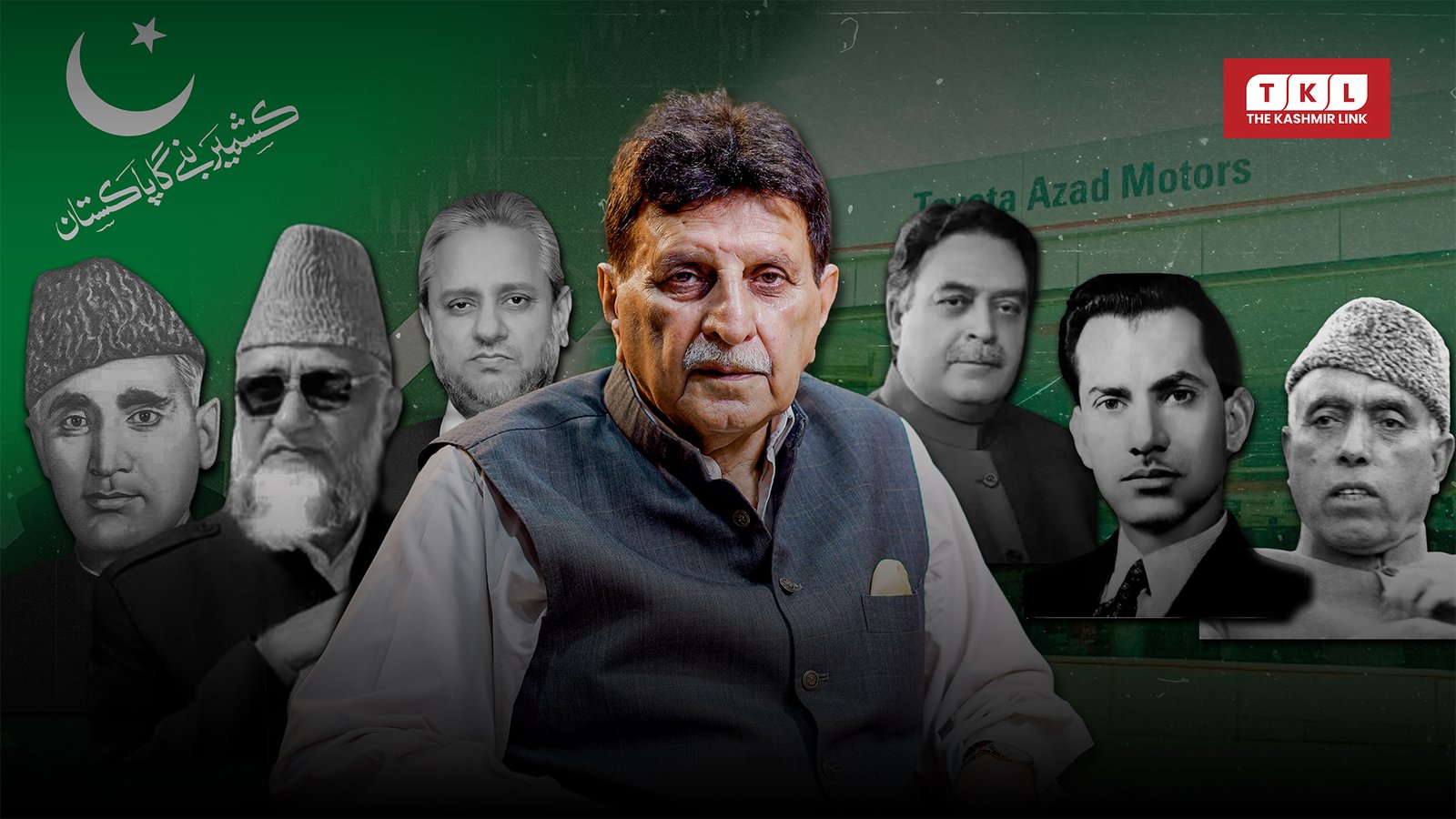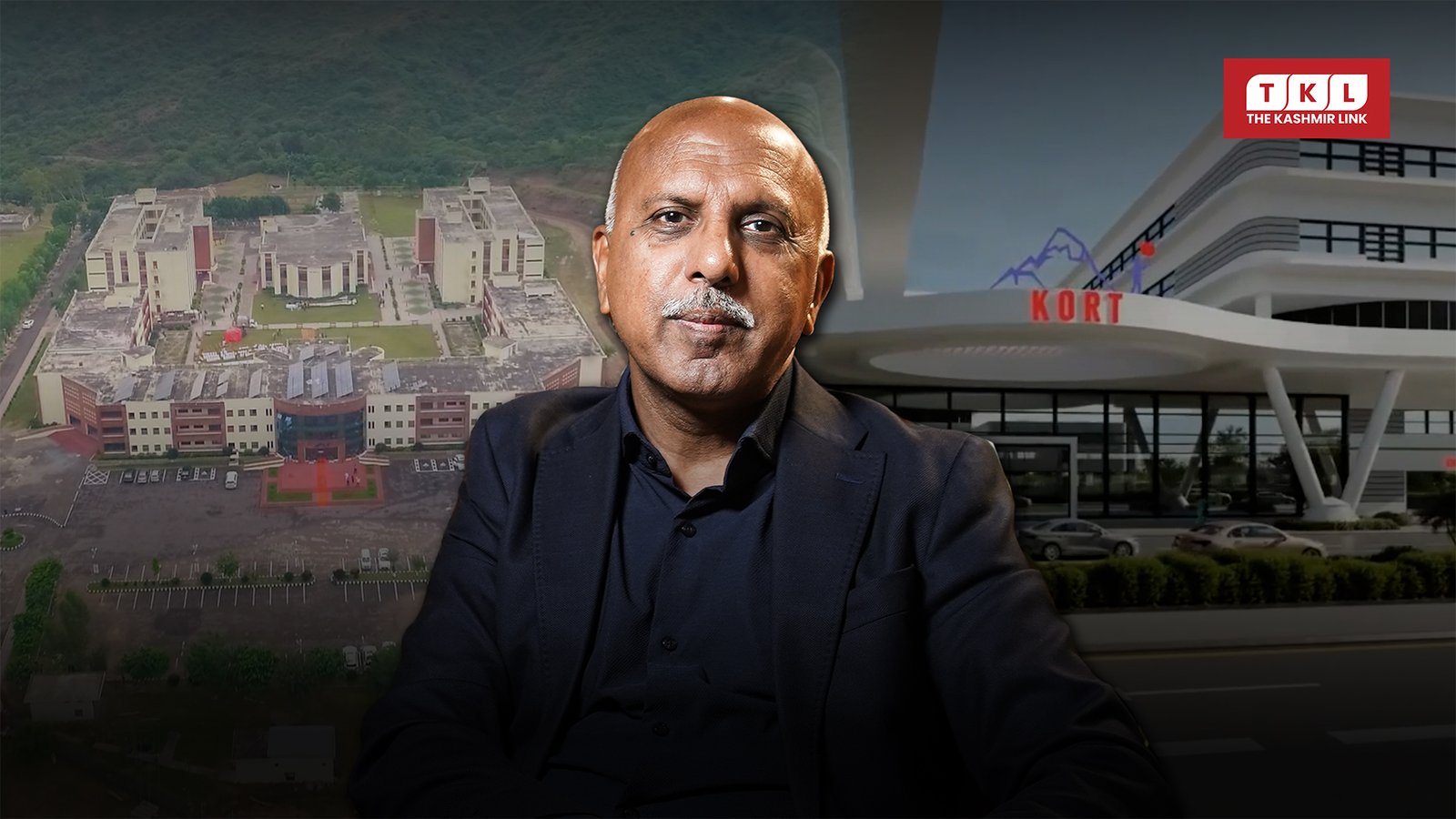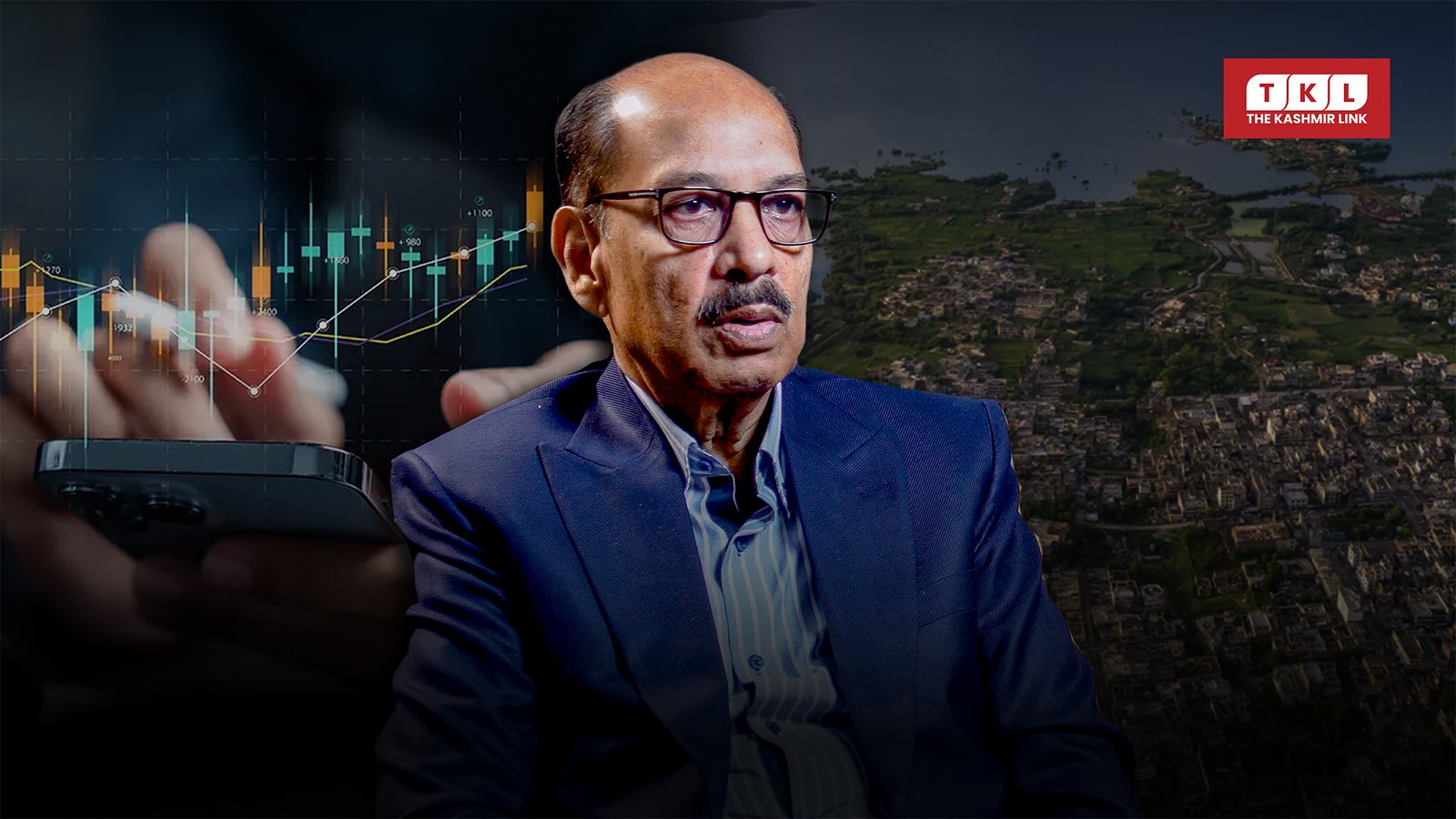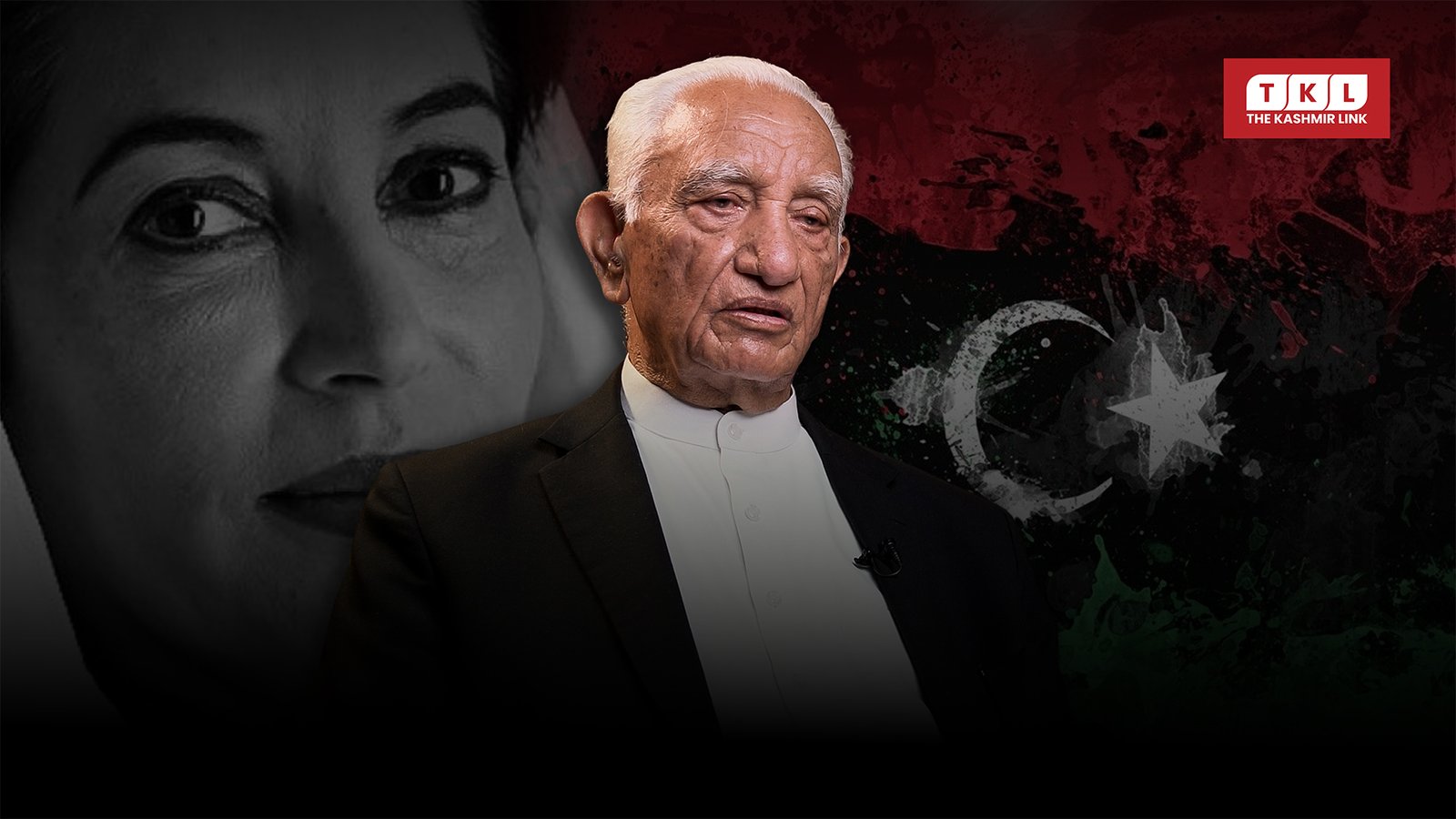JAAC: “A Movement for Rights, Not Politics”
The Jammu and Kashmir Joint Awami Action Committee (JAAC) has emerged as one of the most influential voices in Azad Jammu and Kashmir in recent years. In a detailed conversation, JAAC leader Shoukat Nawaz laid bare the realities of the movement — its purpose, structure, funding, and vision for the future — while also exposing the flaws in the political setup surrounding the 12 reserved seats for Kashmiri refugees in Pakistan.
A Non-Political Movement for Basic Rights
From the outset, Shoukat Nawaz was clear about JAAC’s mandate:
“It is a clear-cut matter — we have said this time and again everywhere: the people have confidence in the Jammu and Kashmir Joint Awami Action Committee. Why do they have that confidence? Because we are moving forward with a Charter of Demands. Nowhere in that Charter of Demands has the public given us a mandate to contest elections or to do politics.”
He rejected allegations that JAAC has political ambitions or hidden agendas, stating:
“Our movement is non-political. It does not involve speaking ill of any country or any institution, but is purely and solely a movement for basic rights.”
However, he left the door open for the future, adding:
“If the people, through mutual consultation, ever decide otherwise and give a different mandate, then we are not bound to refuse it.”
JAAC: Prepared Leadership and Popular Support
The resilience of the movement, Nawaz explained, lies in its preparedness and grassroots support:
“Alhamdulillah, we have completed all the steps from A to D. If the first leadership is arrested, there is a second line of leadership ready; if the second is arrested, there is a third in place. We have made proper arrangements for everything.”
Simple Gatherings, Transparent Funding
In contrast to the lavish rallies of political elites, JAAC gatherings follow strict simplicity:
“We don’t set up any stage. If there is a mat, we sit on it; if not, we sit on the grass. Sometimes we even hold events without a mic. For food, on average, there are 500, 1,000, or even 2,000 people. Their expenses run into lakhs, but what we do is simple langar — rice and chickpeas. If someone is more generous, they’ll add a piece of chicken, and sometimes someone contributes with mutton.”
The movement survives on small donations from supporters:
“We collect monthly donations; some give 500 rupees, some 200, some 2,000, whatever is gathered. When we travel, it is never a very large amount — 30,000, 40,000, 50,000, sometimes a lakh, but never more — because our actual expenses are minimal.”
The Question of 12 Reserved Seats
A major focus of the interview was the 12 seats in the Azad Kashmir Legislative Assembly reserved for refugees from Jammu and Kashmir settled in Pakistan. Shoukat Nawaz questioned both their legitimacy and their impact on governance:
“In the name of these 12 seats, billions of rupees are given only to those 12 members who have been turned into a sort of blackmailing group. When the government is to be toppled, these 12 members are the first to appear, and then out of the 53 others—who are no angels either—they mark their attendance, and an already established government is derailed once again, which ultimately harms the public.”
He further criticized the misuse of funds through fraudulent schemes:
“One lion’s offspring has supposedly done so much pumping work that the water supply should have run out. Another lion cub has supposedly laid so many tiles that our entire valley should have turned lush and flourishing. But we didn’t see a single water pump, nor any streets properly filled, nor even an initial nameplate there.”
JAAC: Kashmir Issue and the Bigger Picture
Shoukat Nawaz also reflected on the larger Kashmir issue in light of recent history:
“When we claim Kashmir, how much territory are we actually claiming? It is 84,471 square miles. Where does Gilgit-Baltistan go? These seats were originally kept to avoid disturbing the Kashmir issue. But the Kashmir issue was truly disturbed not because of us, but when Gilgit was taken towards becoming a province.”
He argued that the real turning point came on August 5, 2019, when India revoked Articles 370 and 35A in Occupied Kashmir:

